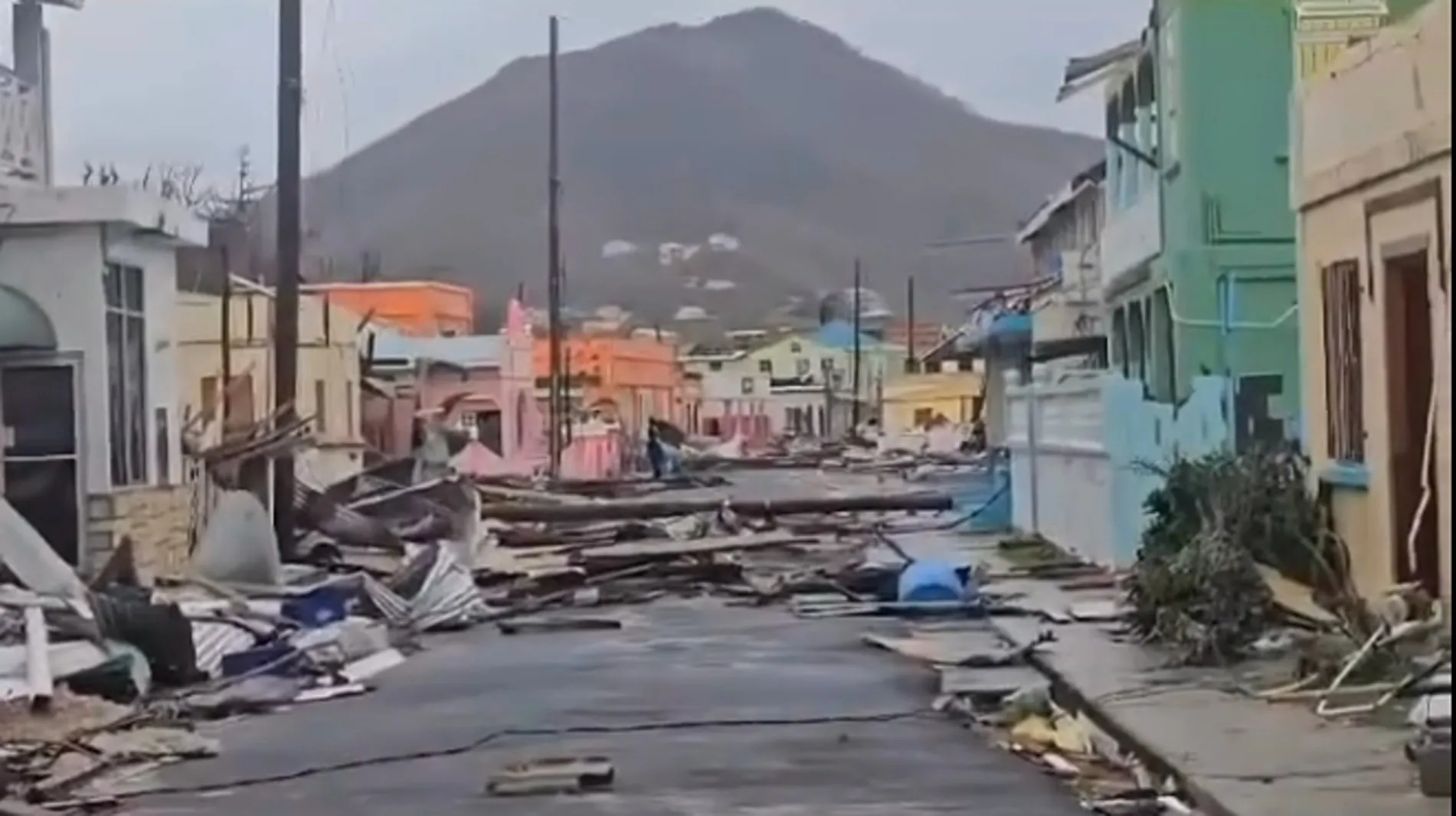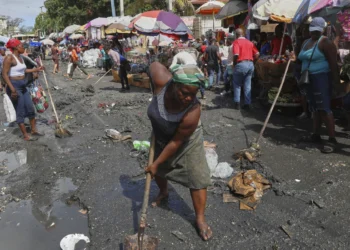The United Nations has issued an urgent call for international solidarity with Grenada, Saint Vincent and the Grenadines, and other Caribbean islands severely impacted by Hurricane Beryl.
The Category 5 hurricane has left a trail of destruction in its wake, claiming at least six lives as it tore through the Caribbean Sea.
Early reports suggest extensive damage to homes, infrastructure, power lines, and communication networks.
Speaking at a routine press briefing in New York, UN Spokesperson Stephané Dujarric revealed that additional UN emergency teams would bolster seven agencies in Grenada and nine in Saint Vincent and the Grenadines in the coming days.
“Logistics are going to be a challenge, given the islands’ dispersal, damaged infrastructure, and limited accessibility,” he explained.
Importance of Global Support
Mr. Dujarric emphasized the critical need for international support for the affected islands.
“The Secretary-General is very much appealing for strong international solidarity with Grenada, Saint Vincent and the Grenadines, and the other islands hit by the hurricane,” he stated.

He highlighted the vulnerability of these small island states, which frequently bear the brunt of natural disasters. “It is critical that we see international solidarity,” he reiterated.
Hurricane Beryl marks the onset of what is expected to be a particularly severe 2024 hurricane season, exacerbated by the escalating effects of climate change.
Concerns for Haiti
The UN also expressed concern for Haiti, which was already facing significant challenges before the hurricane. “The security situation is not making it any better. We are prepositioning, we are ready to help as soon as the storm hits and before,” said Mr. Dujarric.
The UN Office for the Coordination of Humanitarian Affairs (OCHA) reported that aid agencies are in close communication with Haitian authorities, who have intensified early warning efforts.
“UN agencies stand ready to assist and have already taken anticipatory measures,” Mr. Dujarric assured.
Rapid Intensification of Storms
On Tuesday, July 2, the UN World Meteorological Organization (WMO) expressed concern over the rapid intensification of Hurricane Beryl.
The storm escalated from a tropical depression to a Category 3 hurricane in just 42 hours and reached Category 4 status within 48 hours.
“This is unprecedented for June but is in line with the recent trend towards very rapid intensification,” the WMO noted, recalling Hurricane Otis’s sudden growth to a Category 5 hurricane before striking Acapulco, Mexico, last October.
Otis resulted in at least 52 fatalities, with 32 more people still missing.

The WMO highlighted “record high” sea surface temperatures, warning that the conditions are set for an “especially active and dangerous” hurricane season across the Atlantic, Caribbean, and Central America.
“It takes just one landfalling hurricane to set back years of socio-economic development. For example, Hurricane Maria in 2017 cost Dominica 800 percent of its Gross Domestic Product (GDP),” remarked Ko Barrett, WMO Deputy Secretary-General.
As the Caribbean grapples with the aftermath of Hurricane Beryl, the call for international aid and cooperation has never been more urgent.
The UN’s appeal underscores the necessity for a coordinated global response to support these vulnerable island nations in their time of need.
READ ALSO: GWR Provides Update on Chef Smith: ‘He Does Not Hold The Title’























